
- Barsha Kadayat
In the realm of organ donation, every choice is a dance between the sanctity of life and the stark reality of mortality.
Shanta- A novel on Bliss and the Abyss of organ donation is a profound and thought provoking exploration of the moral and emotional complexities surrounding around organ donation. It combines a compelling narrative with a deeper ethical questions by reflecting on both the joy and sorrow associated with the process.
An eminent journalist of the country Mr. Purushotam Dahal’s novel revolves around Shanta, the main, who is battling severe hardships of donating a life-saving organ. Her journey forms the emotional heart of the novel as it explores the intersecting of the lives of those being affected by organ donation. While Shanta waits to donate her organ, the novel dives into her personal struggles and fears about the potential impact of her sacrifice on her family and friends. Her vulnerability and emotional strain of waiting for the transplant are portrayed in depth by revealing the intimate challenges she faces.
The novel does not shy away from the complex ethical issues surrounding organ donation. Instead, it presents a range of viewpoints on the morality of organ trading, the fairness of organ allocation system as well as the immense societal and personal pressure on both the donor and recipient. Through various characters, the narrative delves into the ethical ambiguities of the one who receives an organ and the societal implications of such decisions.
In addition to focusing on Shanta, the novel also shifts its lens to the life of organ receiver. It portrays their emotional weight on their choices. By presenting their stories, the novel highlights the challenges to be faced by those who decide to donate and receive the organ.
In Shanta, the relationships between characters are central and the interactions of Shanta with her family, friends, and medical professionals are deeply affected by the organ donation. The novel explores how these relationships evolve under the strain of waiting for and receiving an organ transplant. It emphasizes the way in which organ donation can both strain and strengthen human connections.
In conclusion, the book typically ties together the central themes and character arcs. Without revealing too much the ending emphasizes the personal growth of the protagonist. The novel closes on a note of hopeful reflection, as Shanta embraces a future by her new found wisdom and inner strength. Through her trials and triumphs, the story ultimately affirms the resilience of the human spirit and the transformative power of understanding oneself.
At last, the gift of life is not just a physical transfer but an emotional journey that binds the giver and receiver in ways both profound and haunting.
The author is a Grade 10 student at Reliance Public School.

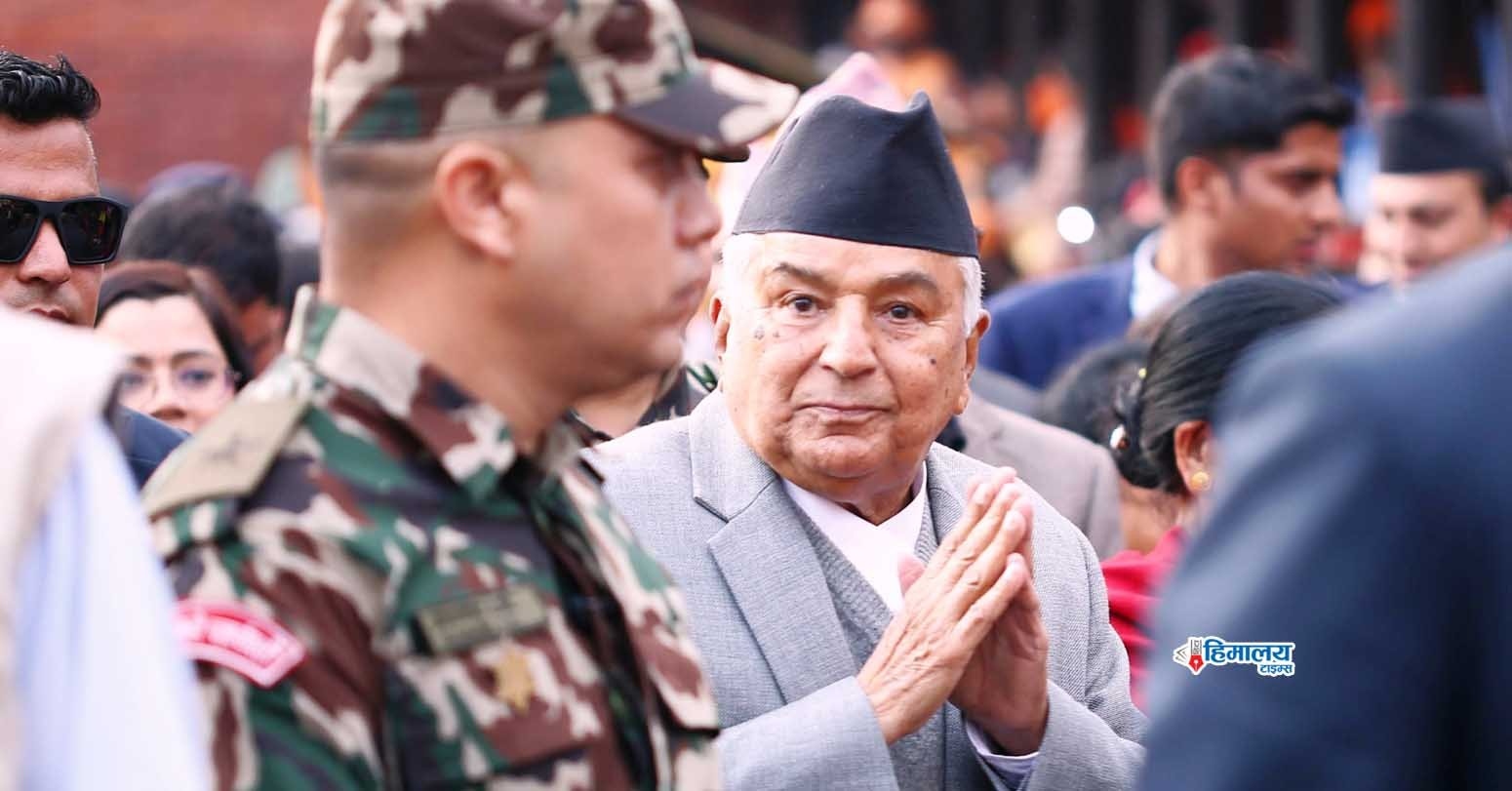

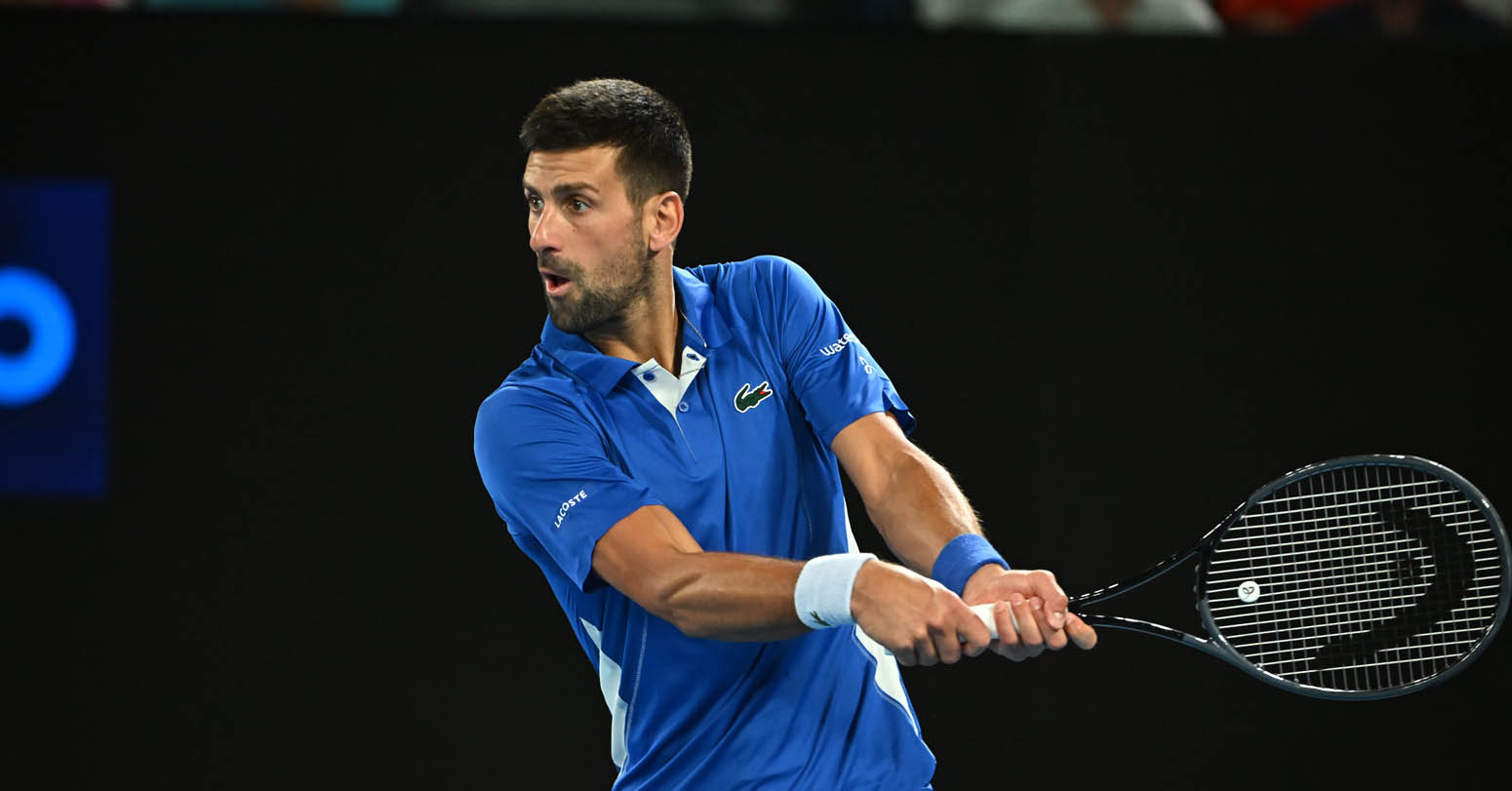



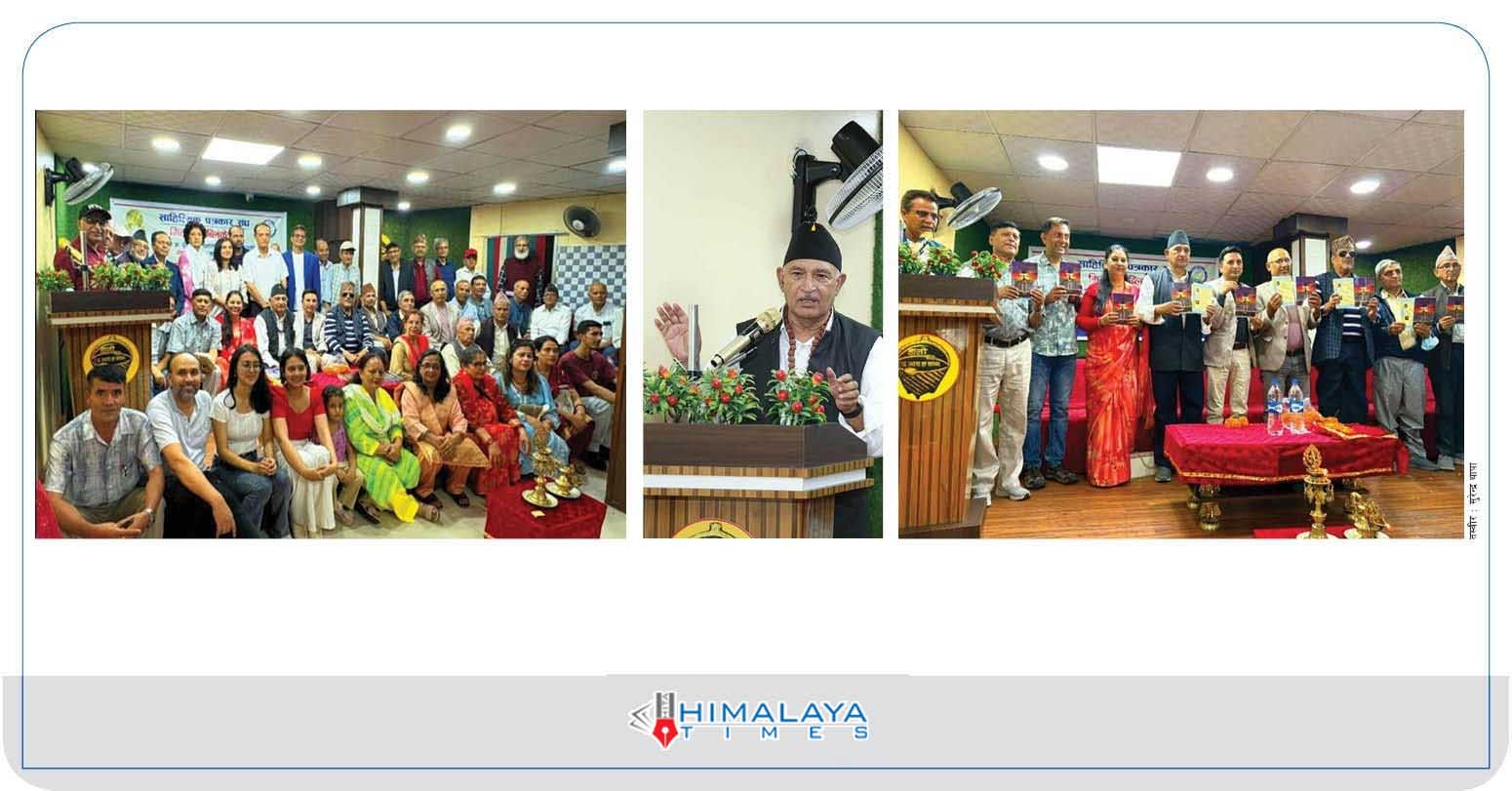


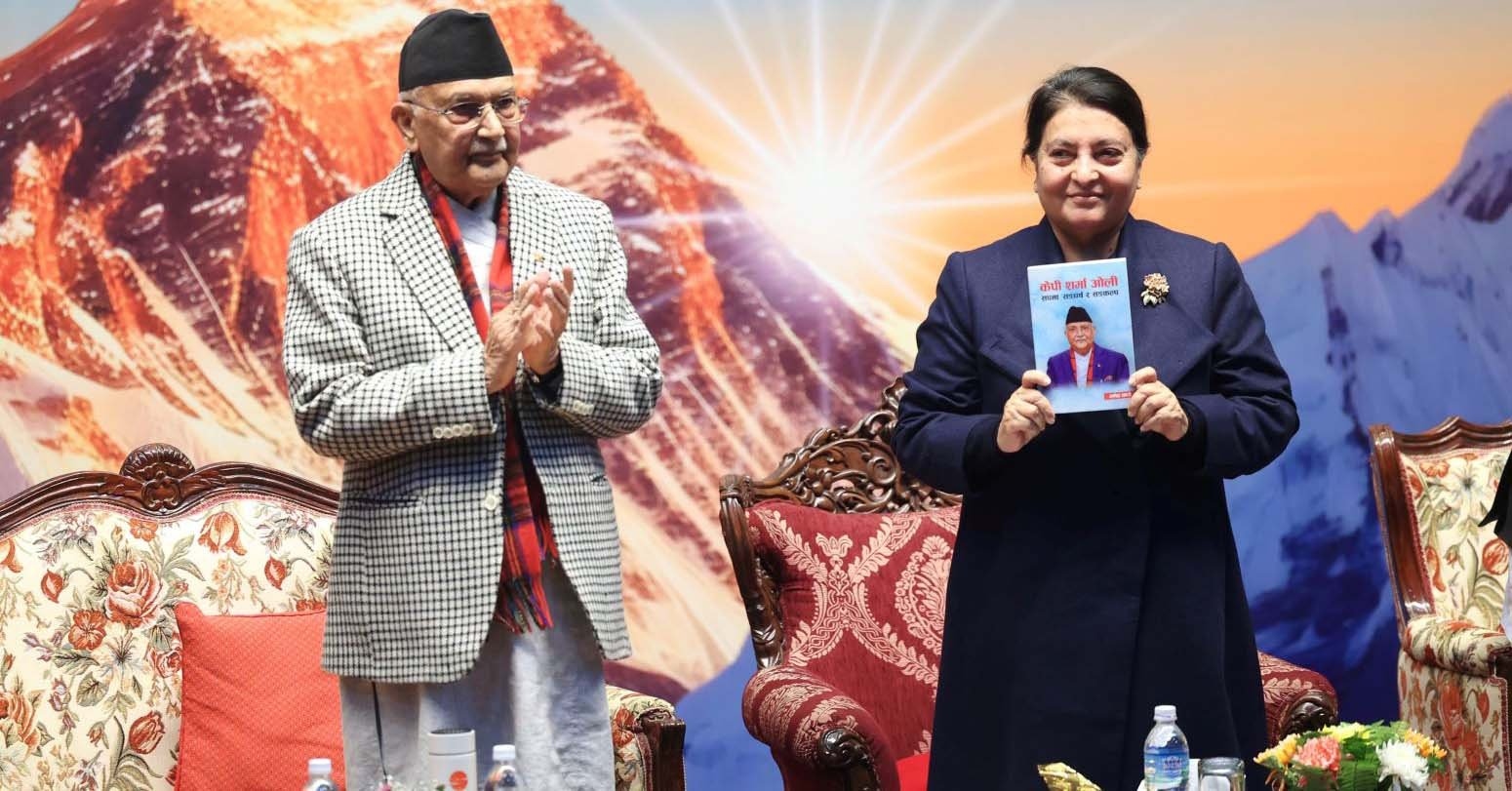
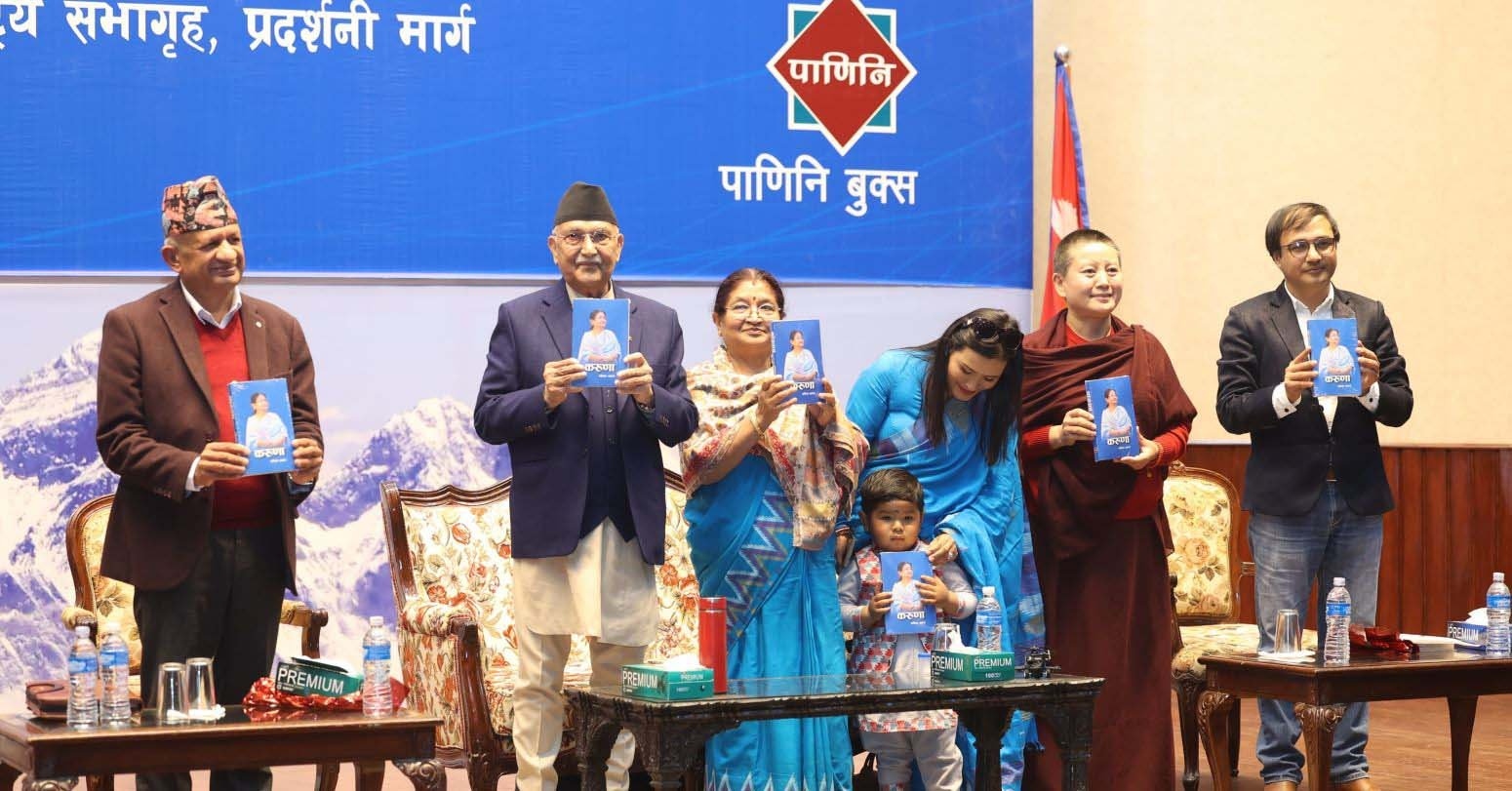

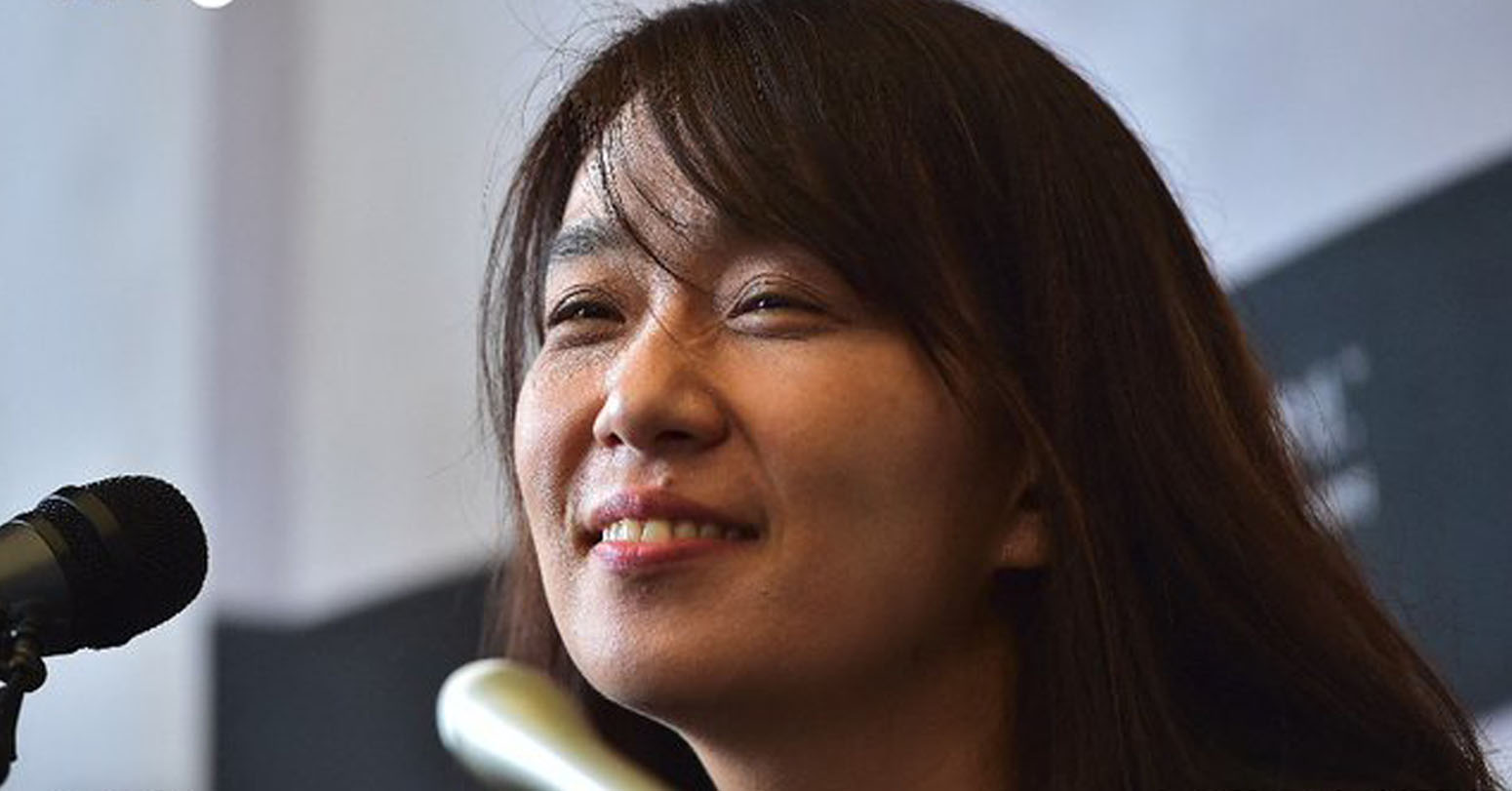

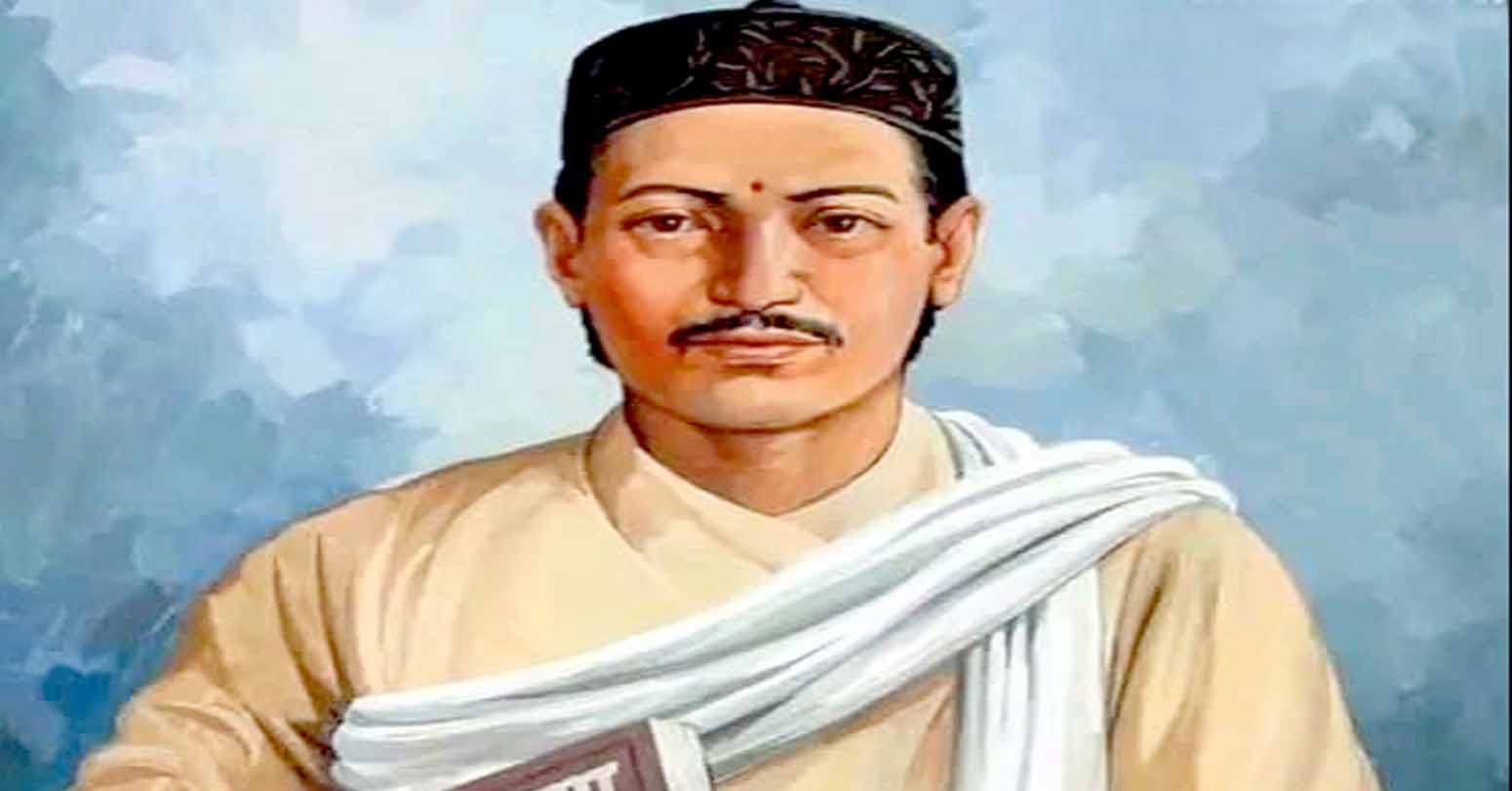
Your writing doesn’t just inform — it embraces, uplifts, and invites the reader to linger and reflect.